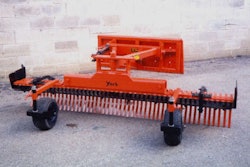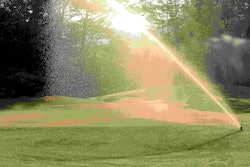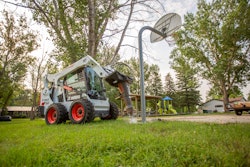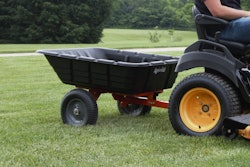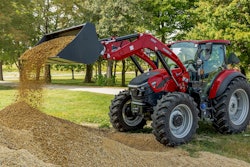 Monrovia supplies more than 5,000 garden centers with their plants.
Monrovia supplies more than 5,000 garden centers with their plants.Photo: pixabay.com
In 2017, a number of changes the U.S. Environmental Protection Agency has made to the Pesticide Worker Protection Standards will go into effect.
As mentioned in an earlier TLC article, EPA made these changes in order to reduce pesticide related illnesses among pesticide handlers, including those who work in nurseries and greenhouses.
A number of trade groups, including AmericanHort, opposed the changes, saying they’re unlikely to improve worker safety.
But Monrovia, one of the leading wholesale nurseries in the United States, believes the changes are for the better.
“The Worker Protection Standard has done a lot to reduce risk and protect workers from the harmful effects of pesticides,” said Ron Tuckett, plant protection manager at Monrovia. “We believe in the importance of continual improvement and so we are in favor of EPA’s action to update and improve the Worker Protection Standard.”
One of the most notable changes is the requirement that training be conducted annually rather than every five years. Along with the increase in frequency, EPA is also introducing more content into the required training sessions.
“I think EPA’s decision to improve training along with content will have a much higher return than increasing the frequency,” Tuckett said. “Focusing on those principles which are most important to the safety of the worker goes further than providing an abundance of information where important principles may be diluted or lost to the worker.”
Records of the training are now required and must be kept on hand for two years. Monrovia takes no issue with this alteration, as the company was keeping training records before doing so was mandatory.
While AmericanHort and its fellow trade groups noted it would be hard to comply with EPA’s modification on what is expected of decontamination supplies, Tuckett felt it clarified what amount was needed.
“It isn’t an issue and really it just better defines the previous rule, which was more vague (“enough water for routine washing and eye flush”).
Tuckett acknowledges the changes will result in higher costs for employers but says it’s worth the cost to protect workers.
“Just like this rule review,” he says, “the next time the rule comes up for review, I’m sure there will be more discussion about which changes have most benefited workers and at what costs.”


